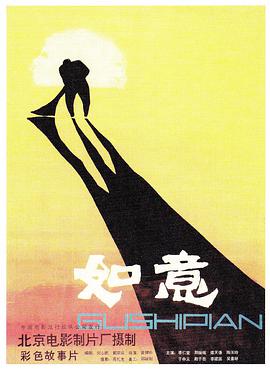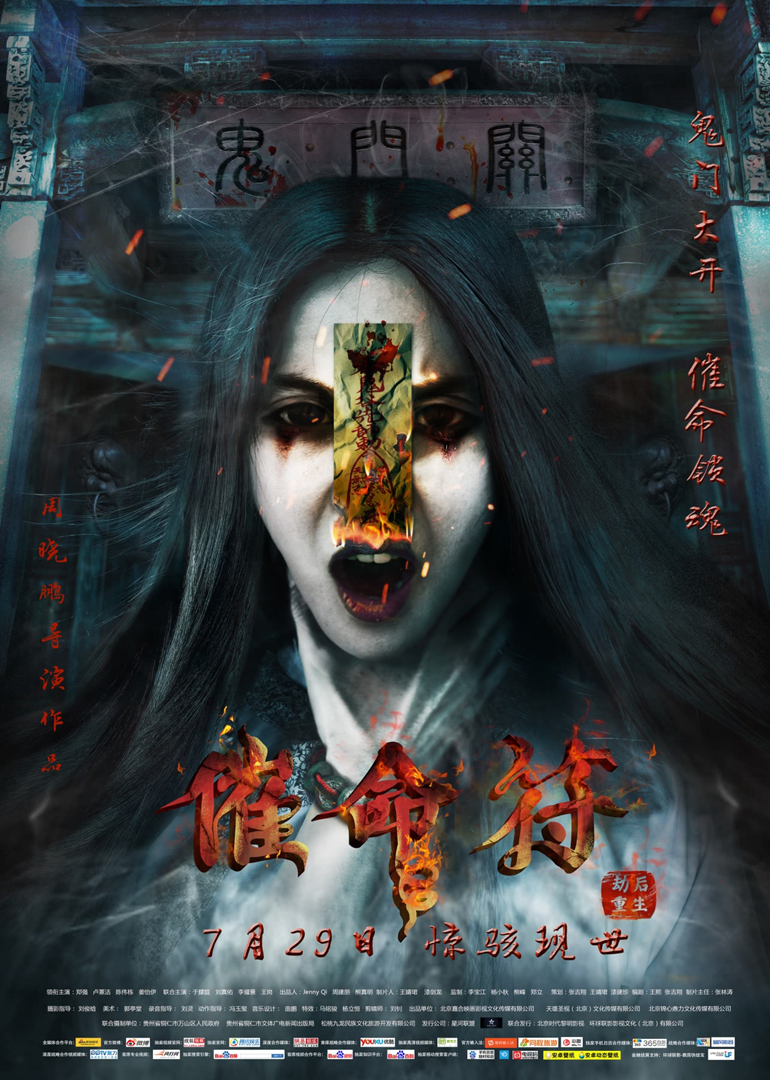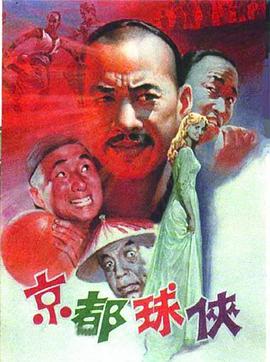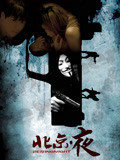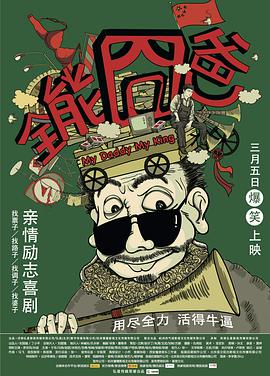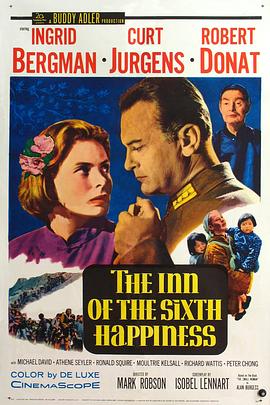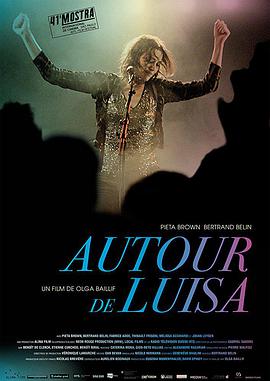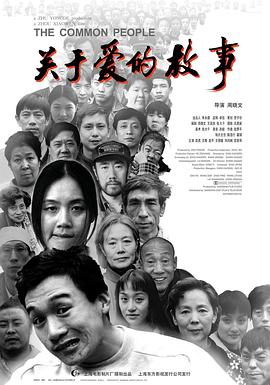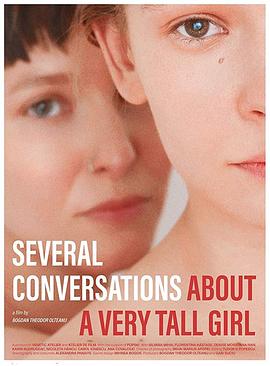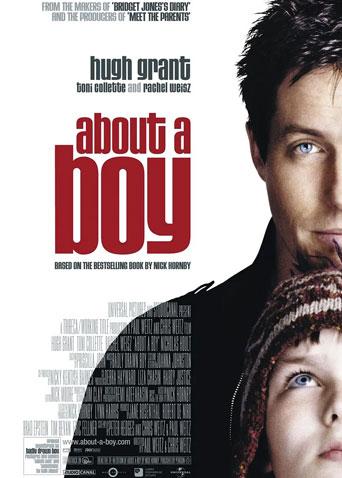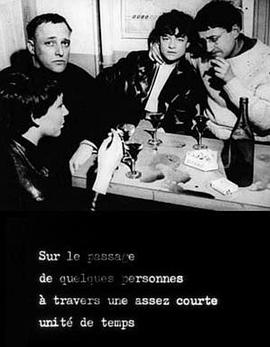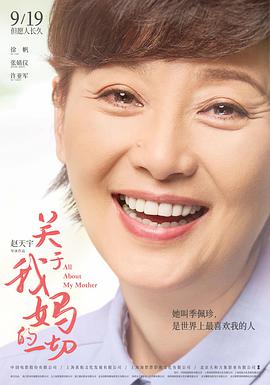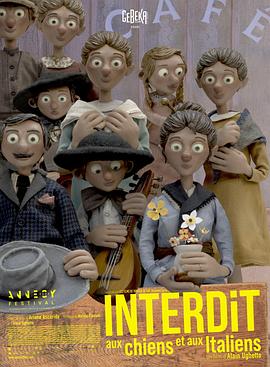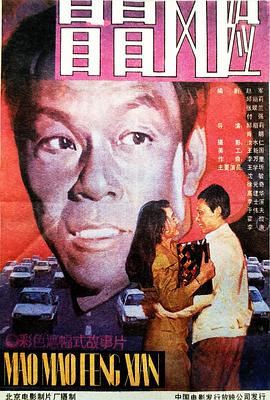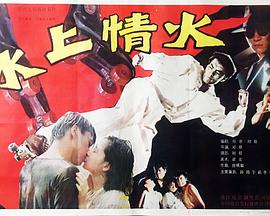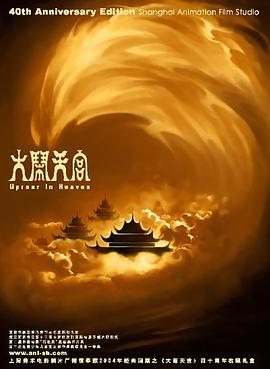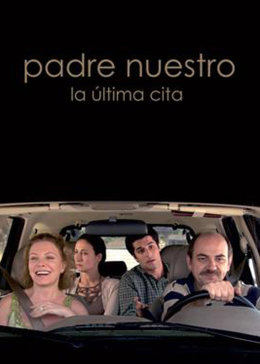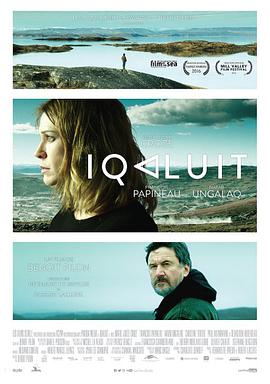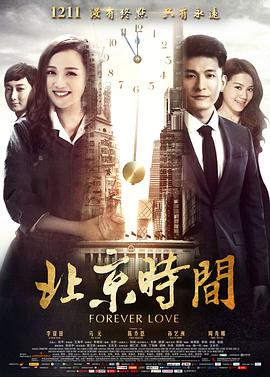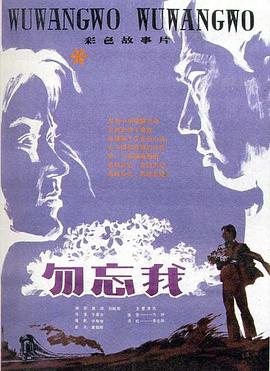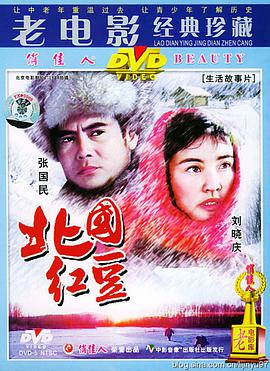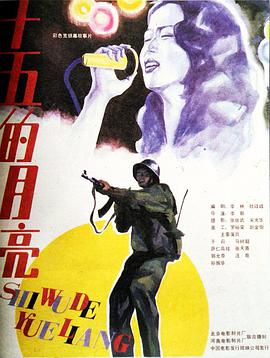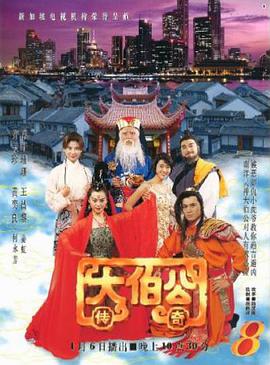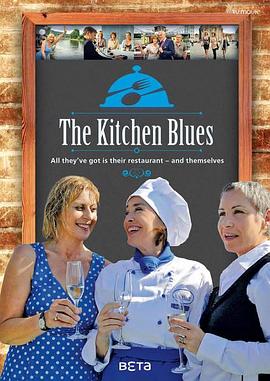于
搜索"于" ,找到 3779部影视作品
导演:
周晓鹏
剧情:
传说民国初,发生了一件血洗清风寨的大事件,起因是为争夺宝藏地,展开了一系列的杀戮、欺骗、阴谋、算计、背叛等等,从而暴露着人性的贪婪…… 一把把的飞刀和弓箭穿过层层树林,直射而来。躲避追杀的清风寨大少爷不小心摔倒,手中的藏宝地图和开启宝藏钥匙的铜如意失手滑落。眼看着追杀的黑衣人越来越近,清风寨的钱管家一把拉起大少爷,拾起藏宝图和铜如意,两人仓惶地朝不同的方向逃奔而去…… 血迹斑斑的地图和铜如意,随着时间的流逝不停变换着存放的地方。 时间飞快的辗转到了现代2004年,一个古香古色的供桌上,铜如意不翼而飞,而供桌下流动的血迹,将我们引向一具圆目狰狞的尸体。
导演:
于士博,贲放,谢达威
剧情:
小纯、大龙、艾琳、哈雷四个即将毕业的大学生相约去郊外远足露营。四人正惬意地享受着这次郊游的乐趣,远处一声巨大的爆炸却打破了他们这段难得的青春时刻。当四人回到小镇的那一刻,他们意识到整个世界已经变得不一样了。在艰险地躲过一次又一次的外星机甲追杀后,他们来到了昔日的大学教授家。都教授告诉了他们有关外星侵略的来龙去脉,四人于是决定与都教授一起对抗残暴的外形机甲。同时另一幸存的人类组织在一名总督的带领下为了抢夺资源与小纯等四人展开激烈的斗争,面对着人类的互相残杀与外星机甲的大规模侵略,四人不得不快速成长起来,为了捍卫人类的尊严而战。但他们没有意识到,战争是永远不会停歇的。
导演:
马克·罗布森
剧情:
故事发生在抗日战争时期的中国,格拉迪(英格丽·褒曼 Ingrid Bergman 饰)是一名非常虔诚的基督教徒,在排除了千难万险之后,她终于得到了参加传教团的资格,千里迢迢的来到中国传教。格拉迪的大本营是六福客栈,此时正值战争时期,物资极度紧缺,处处危机四伏,在这样恶劣的环境中,格拉迪依然没有放弃过自己的责任和义务。 在中国传教期间,格拉迪邂逅了名为林(尤尔根斯·库尔特 Curd Jürgens 饰)的国民党情报官,两人在乱世之中坠入了情网,林觉得此地太危险不宜久留,一直都在劝说格拉迪返回英国,被后者拒绝了。格拉迪接手了50名孤儿,她决定护送这些孩子们前往西安。
导演:
居伊·德波
主演:
剧情:
Voice 1 (male professional announcer type) This neighborhood(1) was made for the wretched dignity of the petty bourgeoisie, for respectable occupations and intellectual tourism. The sedentary population of the upper floors was sheltered from the influences of the street. This neighborhood has remained the same. It was the strange setting of our story, where a systematic questioning of all the diversions and works of a society, a total critique of its idea of happiness, was expressed in acts. These people also scorned subjective profundity. They were interested in nothing but an adequate and concrete expression of themselves. Voice 2 (Debord, monotone) Human beings are not fully conscious of their real life - usually groping in the dark; overwhelmed by the consequences of their acts; at every moment groups and individuals find themselves confronted with results they have not wished. Voice 1 They said that oblivion was their ruling passion. They wanted to reinvent everything each day; to become the masters and possessors of their own lives. Just as one does not judge a man according to the conception he has of himself, one cannot judge such periods of transition according to their own consciousness; on the contrary, one must explain the consciousness through the contradictions of material life, through the conflict between social conditions and the forces of social production. The progress achieved in the domination of nature was not yet matched by a corresponding liberation of everyday life. Youth passed away among the various controls of resignation. Our camera has captured for you a few aspects of a provisional microsociety. The knowledge of empirical facts remains abstract and superficial as long as it is not concretized by its integration into the whole ” which alone permits the supersession of partial and abstract problems so as to arrive at their concrete essence, and implicitly at their meaning. This group was on the margins of the economy. It tended toward a role of pure consumption, and first of all the free consumption of its time. It thus found itself directly engaged in qualitative variations of everyday life but deprived of any means to intervene in them. The group ranged over a very small area. The same times brought them back to the same places. No one went to bed early. Discussion on the meaning of all this continued... Voice 2 Our life is a journey ” In the winter and the night. ” We seek our passage...� Voice 1 The abandoned literature nevertheless exerted a delaying action on new affective formulations. Voice 2 There was the fatigue and the cold of the morning in this much-traversed labyrinth, like an enigma that we had to resolve. It was a looking-glass reality through which we had to discover the potential richness of reality. On the bank of the river evening began once again; and caresses; and the importance of a world without importance. Just as the eyes have a blurred vision of many things and can see only one clearly, so the will can strive only incompletely toward diverse objects and can completely love only one at a time. Voice 3 (young girl) No one counted on the future. It would never be possible to be together later, or anywhere else. There would never be a greater freedom. Voice 1 The refusal of time and of growing old automatically limited encounters in this narrow, contingent zone, where what was lacking was felt as irreparable. The extreme precariousness of the means of getting by without working was at the root of this impatience which made excesses necessary and breaks definitive. Voice 2 One never really contests an organization of existence without contesting all of that organization's forms of language. Voice 1 When freedom is practiced in a closed circle, it fades into a dream, becomes a mere representation of itself. The ambiance of play is by nature unstable. At any moment ordinary life� can prevail once again. The geographical limitation of play is even more striking than its temporal limitation. Any game takes place within the contours of its spatial domain. Around the neighborhood, around its fleeting and threatened immobility, stretched a half-known city where people met only by chance, losing their way forever. The girls who found their way there, because they were legally under the control of their families until the age of eighteen, were often recaptured by the defenders of that detestable institution. They were generally confined under the guard of those creatures who among all the bad products of a bad society are the most ugly and repugnant nuns. What usually makes documentaries so easy to understand is the arbitrary limitation of their subject matter. They describe the atomization of social functions and the isolation of their products. One can, in contrast, envisage the entire complexity of a moment which is not resolved into a work, a moment whose movement indissolubly contains facts and values and whose meaning does not yet appear. The subject matter of the documentary would then be this confused totality. Voice 2 The era had arrived at a level of knowledge and technical means that made possible, and increasingly necessary, a direct construction of all aspects of a liberated affective and practical existence. The appearance of these superior means of action, still unused because of the delays in the project of liquidating the commodity economy, had already condemned aesthetic activity, whose ambitions and powers were both outdated. The decay of art and of all the values of former mores had formed our sociological background. The ruling class's monopoly over the instruments we needed to control in order to realize the collective art of our time had excluded us from a cultural production officially devoted to illustrating and repeating the past. An art film on this generation can only be a film on its absence of real creations. Everyone unthinkingly followed the paths learned once and for all, to their work and their home, to their predictable future. For them duty had already become a habit, and habit a duty. They did not see the deficiency of their city. They thought the deficiency of their life was natural. We wanted to break out of this conditioning, in quest of another use of the urban landscape, in quest of new passions. The atmosphere of a few places gave us intimations of the future powers of an architecture it would be necessary to create to be the support and framework for less mediocre games. We could expect nothing of anything we had not ourselves altered. The urban environment proclaimed the orders and tastes of the ruling society just as violently as the newspapers. It is man who makes the unity of the world, but man has extended himself everywhere. People can see nothing around them that is not their own image; everything speaks to them of themselves. Their very landscape is alive. There were obstacles everywhere. There was a cohesion in the obstacles of all types. They maintained the coherent reign of poverty. Everything being connected, it was necessary to change everything by a unitary struggle, or nothing. It was necessary to link up with the masses, but we were surrounded by sleep. Voice 3 The dictatorship of the proletariat is a desperate struggle, bloody and bloodless, violent and peaceful, military and economic, educational and administrative, against the forces and traditions of the old world. Voice 1 In this country it is once again the men of order who have rebelled. They have reinforced their power. They have been able to aggravate the grotesqueness of the ruling conditions according to their will. They have embellished their system with the funereal ceremonies of the past. Voice 2 Years, like a single instant prolonged to this point, come to an end. Voice 1 What was directly lived reappears frozen in the distance, fit into the tastes and illusions of an era, carried away with it. Voice 2 The appearance of events that we have not made, that others have made against us, now obliges us to be aware of the passage of time, its results, the transformation of our own desires into events. What differentiates the past from the present is precisely its out-of-reach objectivity; there is no more should-be; being is so consumed that it has ceased to exist. The details are already lost in the dust of time. Who was afraid of life, afraid of the night, afraid of being taken, afraid of being kept Voice 3 What should be abolished continues, and we continue to wear away with it. We are engulfed. We are separated. The years pass and we haven't changed anything. Voice 2 Once again morning in the same streets. Once again the fatigue of so many similarly passed nights. It is a walk that has lasted a long time. Voice 1 Really hard to drink more. Voice 2 Of course one might make a film of it. But even if such a film succeeds in being as fundamentally disconnected and unsatisfying as the reality it deals with, it will never be more than a re-creation ” poor and false like this botched traveling shot. Voice 3 There are now people who pride themselves on being authors of films, as others were authors of novels. They are even more backward than the novelists because they are unaware of the decomposition and exhaustion of individual expression in our time, ignorant of the end of the arts of passivity. They are praised for their sincerity since they dramatize, with more personal depth, the conventions of which their life consists. There is talk of the liberation of the cinema. But what does it matter to us if one more art is liberated through which Tom, Dick or Harry can joyously express their slavish sentiments The only interesting venture is the liberation of everyday life, not only in the perspectives of history but for us and right away. This entails the withering away of alienated forms of communication. The cinema, too, has to be destroyed. Voice 2 In the final analysis, stars are created by the need we have for them, and not by their talent or lack of talent or even by the film industry or advertising. Miserable need, dismal, anonymous life that would like to expand itself to the dimensions of cinema life. The imaginary life on the screen is the product of this real need. The star is the projection of this need. The images of the advertisements during the intermissions are more suited than any others for evoking an intermission of life. To really describe this era it would no doubt be necessary to show many other things. But what would be the point Better to grasp the totality of what has been done and what remains to be done than to add more ruins to the old world of the spectacle and of memories. 1. This film, which evokes the lettrist experiences at the origin of the situationist movement, opens with shots of the Paris district frequented by the lettrists in the early 1950s.
导演:
赵天宇
剧情:
妈妈季佩珍(徐帆 饰)是这个家的灵魂所在,她像有分身术一样能照顾到每一个人。在她的面面俱到之下,这个家看上去井然有序,然而事实并非如此。在妈妈季佩珍眼里女儿李小美(张婧仪 饰)永远都是最优秀的,却不知在北京工作生活的她还有另一面。女儿对妈妈的掌控有多抵触,季佩珍更是不了解。医生丈夫李文舫(许亚军 饰)因几年前的一次失误,至今还无法拿起手术刀。婆婆患有阿尔兹海默症,生活都无法自理……就在身为教师的季佩珍刚刚退休,似乎能松一口气多拥有些自己的时间,却被查出了恶性肿瘤四期。如果妈妈只剩下四个月的生命,这家人的生活又该如何继续下去呢?
导演:
阿兰·乌盖托
主演:
剧情:
一双灵巧的双手带着爱的回忆,用粘土捏出一个个鲜活的人物。粘土小人儿动了起来,跟周围的杯碗瓶罐互动,开始讲述一个意大利家庭三代人历经半个多世纪的家族奋斗史。20世纪初,出身劳工阶级的祖父和祖母质朴地相爱了,他们的幸福结合很快面临人类历史上最残忍的半个世纪的考验。一个新生的小家庭从意大利颠沛到法国,用顽强的韧性对抗一个混战的世界,守护叫做家的天堂。
导演:
肖朗,邱丽莉
剧情:
青年发明家郑兴明发明了全塑车身汽车,并获得了国家专利,但却没有一个厂家同意生产。为了造出全塑车身汽车,郑兴明毅然放弃了巨额专利和出国深造的机会,只身来到了深圳特区。在市政府的帮助下,郑兴明获得了2500万元贷款,组织了中华汽车公司,并与从美国归来的妻子及朋友们相聚。面对亲人们的支持,郑兴明激动万分。经过反复试验,第一辆全塑车身汽车终于诞生了,大家沉浸在成功的喜悦中。然而,意想不到的困难接踵而来,先是北京来了调查组,调查郑兴明所谓行贿问题;继而进口散件不能保税放行;银行也因调查组的到来停止贷款……。公司工人生活艰苦;工程师张岚不辞而别;郑兴明的妻子小苗被人打伤、不知去向……公司面临着巨大的困难。郑兴明病倒了,春节前夕,他拖着病体来到公司,诚恳而内疚地向工人们拜了个空手年。但郑兴明没有被困难压倒,他要重新站起来。就在这时,妻子小苗突然归来,并为公司带来了自筹的资金,公司有救了。不久,郑兴明的所谓行贿问题总算基本澄清,银行也恢复和贷款,公司终于摆脱了困境。然而,由于上级对郑兴明的问题没有正式结论,他们仍无法参加北京汽车博览会。最后,在孙总工程师多方帮助下,全塑车身汽车终于在博览会上得以展出,并得到国内外汽车专家的好评。在高速公路上,一辆辆崭新的全塑车身汽车汇成一股车流,全速向前奔驰。
导演:
邓原
剧情:
业余旱冰大赛冠军林家骏在一次交通事故中撞死港客陈大成被捕入狱。两年后,林家骏出狱,但已被旱冰协会除名,旧日搭档、心上人“白雪公主”也已与“黑马王子”组合。林家骏的小弟兄们虽然极力撮合,但两人已形同陌路。林家骏回到林记车行,家人尽力安抚他,可他依然精神不振。陈大成的黑市夫人赵雅仪登门拜访,刚提起“抚恤金”的事,就被林家骏愤然驳回。可赵雅仪此行是来退还“抚恤金”的,因为她那不争气的弟弟赌博欠了债,才冒用她的名义索赔钱款。林家骏深感迷惑。原来,心地善良的赵雅仪因一时贪慕虚荣误嫁陈大成,既无爱情又无社会地位。陈大成死聍她更受冷遇,独自带着幼子艰难地生活着。她鼓励林家骏不要为挫折羁绊,应该怛起来投入新生活。市公安局刑侦处王凯和助手在一次行动中了解到陈大成原是香港一黑帮要人,他死前曾藏匿大批毒品,至今下落不明。此事被另一派黑帮大亨得知,派出职业杀手“狼人”潜入内...
导演:
安战军
剧情:
王小莫(孙艺洲 饰)是含着金汤匙出生的富家少爷,年纪轻轻便被送往国外深造艺术设计,学成归来后,王小莫进入了公司工作,希望能够在岗位上闯出一片属于自己的天地。然而,让王小莫没有想到的是,他竟然被分配到了老劳模时长工(李保田 饰)的身边,主要工作就是照顾他的饮食起居。 时长工的个性古怪又苛刻,平日里没少刁难王小莫,然而在相处的过程中,王小莫发现时长工冷漠的外表下隐藏着一颗古道热肠的心。时长工亦对不离不弃耐心善良的王小莫产生了信任的情感。王小莫对时长工的过去有着强烈的好奇心,抽丝剥茧之中,时长工和技术员薛亚兰(陈乔恩 饰)之间的爱情故事渐渐浮出了水面。
导演:
于彦夫
剧情:
北国雪野,文革中的七十年代。下乡知青雯雯(方舒 饰)突闻父亲病故的电报,立即回城,还是晚了一步,她看到的只是火葬场那巨大烟囱冒出的黑烟。被打成反动学术权威的父亲就这样走了,雯雯悲伤欲绝。在回来的途中她又遭歹徒欺侮,欲轻生的她被本村中年医生周虹(李志舆 饰)相救,经过一段时间的休养生息,身心有所好转。她从山上采来一束蓝色小花,周告诉她这花叫“勿忘我”,周虹知识渊博, 她遂拜周为师学医,潜心学习。不久,周虹写出用半生心血铺就的医学专著,但却被造反派诬为黑书,并送他去劳改。粉碎“四人帮”后,出狱的周虹帮助雯雯考上大学,临行前,雯雯向周虹捧上一束象征爱情的勿忘我......
导演:
刘子铭
剧情:
炎热的午后,马达突然来到朱军的家里,马达对朱军神秘地说:他老婆“王红”今天回娘家了。他今晚是自由的王老五,马达拿出一沓钞票对朱军说:咱俩今晚就把这笔钱全部造完。 马达、朱军拿着钱上路了。他们首先来到体育馆看选美比赛,偶遇漂亮的女大学生“叶晓琼”,叶晓琼邀请他们打羽毛球,朱军看着漂亮丰满的叶晓琼,内心升发狂热的喜欢。这时候一个神秘的电话打过来,朱军内心的狂热一下子降到了冰点。 马达喝了几杯酒后向朱军吐露实情,王红有外遇了。马达发誓如果找到那个给他戴绿帽子的男人,他一定把那个家伙废了,让他变成二十一世纪的太监。 在富丽堂皇的夜总会里,朱军的神秘电话、马达的高级谎言交替显现,人性深处的邪恶欲望即将揭开.
